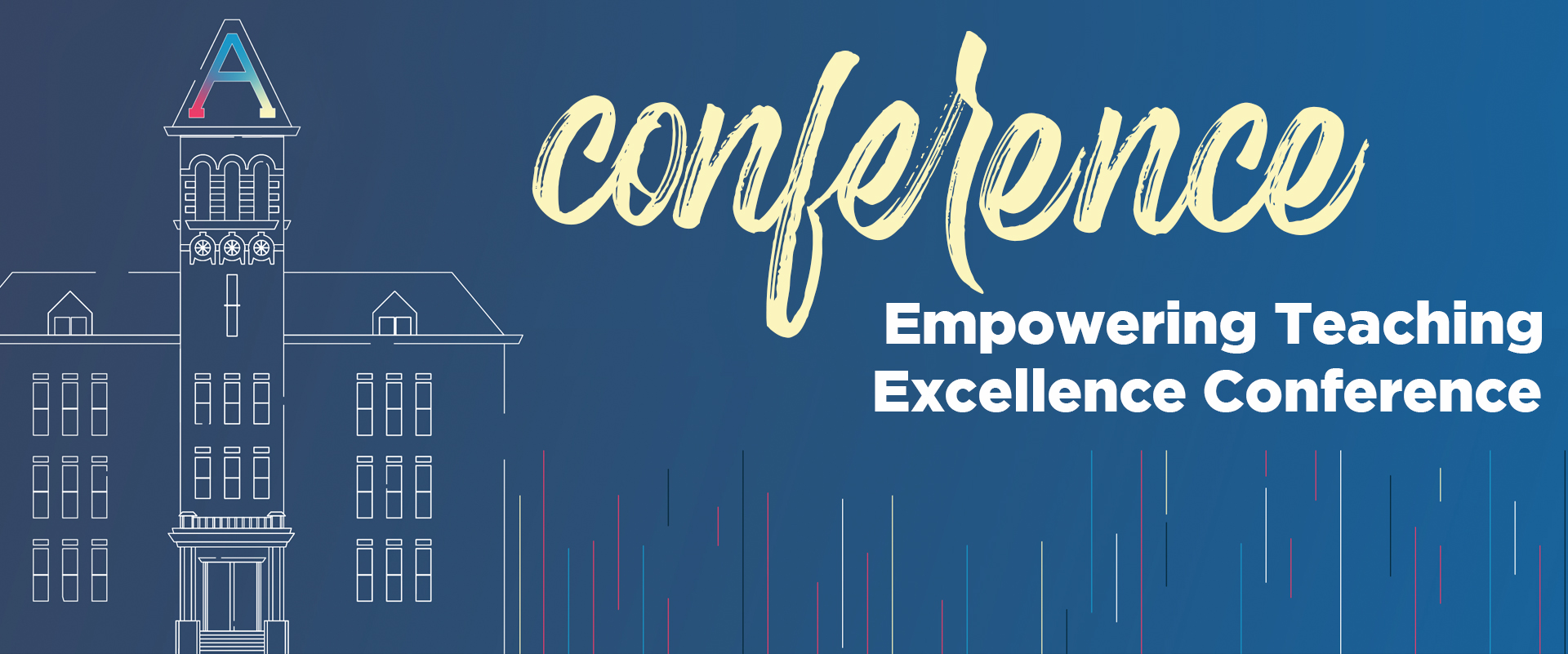Inclusiveness in Our Classrooms
Start Date
8-17-2022 12:00 AM
Description
We will present our changes in response to the current times of accelerated change and the varying impacts on our diverse students. Increased technology has opened options to expand the worldview presented in our classrooms by Zooming with Indigenous scholars, South African desert botanists, and transgendered professors. A recognition that the community will be healthier when sick students stay home has resulted in increased flexibility with attendance and assignment due dates. We embrace extended assignment dates, modifying due dates, recording classes, and allowing for dropped assignments. We meet our students where they are as members of their culture, humans in their community, parents, caregivers, employees and help them in juggling the multitudes of complexities in their lives There is still a need for understanding of various cultural traditions and not knowing the details of family emergencies including the predictability of the event or ceremony. We intentionality use Indigenous place names, diverse textbook authors, and discuss multiple worldviews when introducing concepts. Our labs have been modified for increased engagement for students navigating disparate cultural and educational expectations. We seek suggestions of methods for balance and productive acknowledgement of atrocities and repatriation actions of Land Grant Universities on marginalized identities. We will analyze methods to increase flexibility without decreasing rigor in our classrooms to be inclusive to our diverse student populations and incorporate cultural awareness. Our collaboration developed through an ETE Learning Circle.
Creative Commons License

This work is licensed under a Creative Commons Attribution 4.0 License.
Inclusiveness in Our Classrooms
We will present our changes in response to the current times of accelerated change and the varying impacts on our diverse students. Increased technology has opened options to expand the worldview presented in our classrooms by Zooming with Indigenous scholars, South African desert botanists, and transgendered professors. A recognition that the community will be healthier when sick students stay home has resulted in increased flexibility with attendance and assignment due dates. We embrace extended assignment dates, modifying due dates, recording classes, and allowing for dropped assignments. We meet our students where they are as members of their culture, humans in their community, parents, caregivers, employees and help them in juggling the multitudes of complexities in their lives There is still a need for understanding of various cultural traditions and not knowing the details of family emergencies including the predictability of the event or ceremony. We intentionality use Indigenous place names, diverse textbook authors, and discuss multiple worldviews when introducing concepts. Our labs have been modified for increased engagement for students navigating disparate cultural and educational expectations. We seek suggestions of methods for balance and productive acknowledgement of atrocities and repatriation actions of Land Grant Universities on marginalized identities. We will analyze methods to increase flexibility without decreasing rigor in our classrooms to be inclusive to our diverse student populations and incorporate cultural awareness. Our collaboration developed through an ETE Learning Circle.


